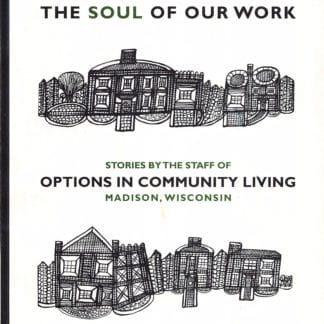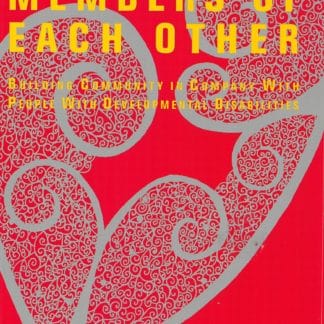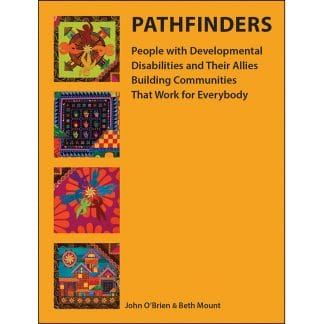John O’Brien
2005
Ethics is the quest of less and less trivial modes of human relatedness.
–Herbert McCabe (1968/2003)
When people count on personal assistants to make it through their day, what is possible for them depends to an important extent on the way those assistants show up in their lives. Assistants can show up in trivial ways, as mindless guards or keepers, or in more generative ways as creative allies. How they show up is a matter of of ethics – by which I mean not rule following, but that sense of what is good that informs practical wisdom, shapes human communication and guides action.
Our field has grown accustomed to talking about about a workforce crisis –a grow- ing shortage of personal assistants mostly created by a heartless politics of cheapness that results in poor compensation and low status for the workers that vulnerable citizens depend on for their lives– and it is good that this talk leads to action, such as the initia- tives of the National Alliance of Direct Support Providers (see www.nadsp.org). But this important concern need not obscure a search for ways to liberate the energy for good that even people working in straitened circumstances can contribute when they guide their work with an ethics of possibility.



